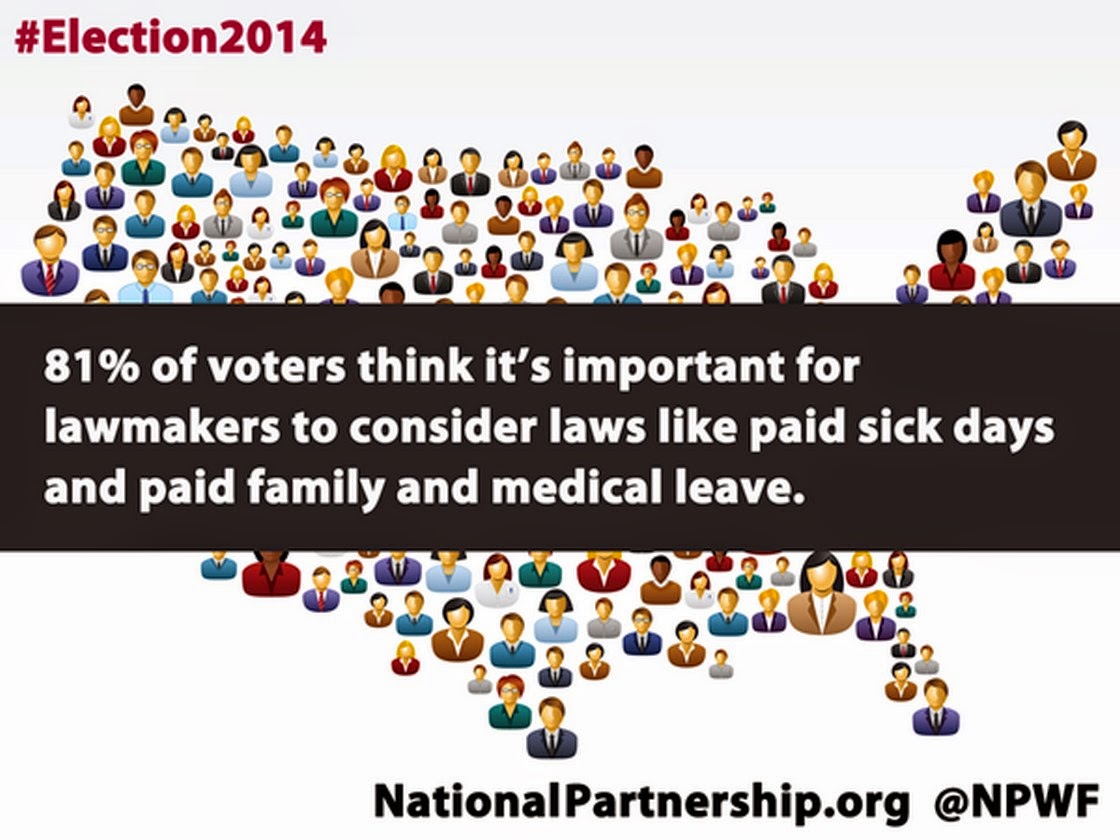John W. Loftus
Thursday, Nov 27, 2014 06:00 PM EST
Christians like to talk about the benefits of faith. But what if the exact opposite is true?
.
Excerpted from "Christianity Is Not Great: How Faith Fails"
I am thirty years old and I am struggling to find sanity. Between the Christian schools, homeschooling, the Christian group home (indoctrinating work camp), and different churches in different cities, I am a psychological, emotional, and spiritual mess.
-A former evangelical Christian
.
If a former believer says that Christianity made him depressed, obsessive, or post-traumatic, he is likely to be dismissed as an exaggerator. He might describe panic attacks about the rapture, moods that swing from ecstasy about God's overwhelming love to suicidal self-loathing about repeated sins, or an obsession with sexual purity. A symptom like one of these clearly has a religious component, yet many people instinctively blame the victim. They will say that the wounded former believer was prone to anxiety or depression or obsession in the first place - that his Christianity somehow got corrupted by his predisposition to psychological problems. Or they will say that he wasn't a real Christian. If only he had prayed in faith or loved God with all his heart, soul and mind, if only he had really been saved - then he would have experienced the peace that passes all understanding.
.
But the reality is far more complex. It is true that symptoms like depression or panic attacks most often strike those of us who are vulnerable, perhaps because of genetics or perhaps because situational stressors have worn us down. But the reality is that Christian beliefs and Christian living can create those stressors, even setting up multigenerational patterns of abuse, trauma, and self-abuse. Also, over time some religious beliefs can create habitual thought patterns that actually alter brain function, making it difficult for people to heal or grow.
.
Continue reading...


















































